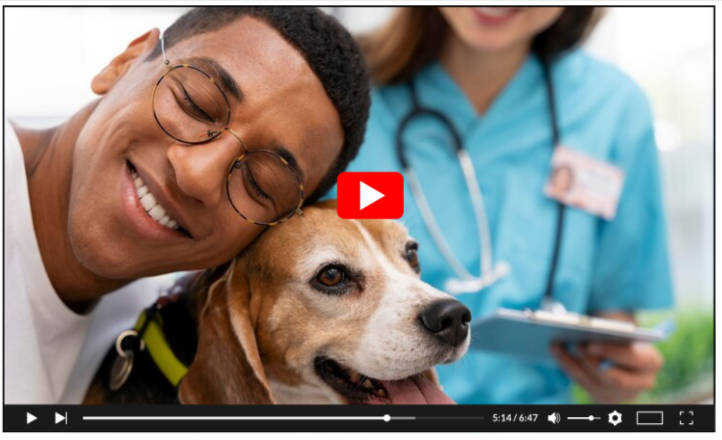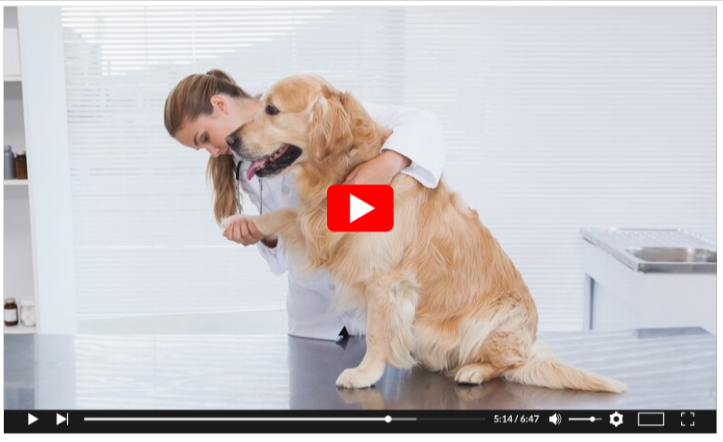Animal Poison Control: Emergency Help for Pet Toxins
When it comes to our furry, feathered, or even scaled companions, we go to great lengths to keep them safe. Yet, even in the most loving homes, pets can accidentally ingest substances that are toxic to them. In such dire situations, every second counts.
This is where Animal Poison Control becomes not just a resource but a potential lifesaver. Understanding what animal poison control is, how it works, and what steps to take in an emergency could be the difference between life and death for your pet.
Animal Poison Control offers urgent help if your pet ingests toxic substances. Call a 24/7 poison helpline immediately for expert, lifesaving guidance.
In this comprehensive guide, we’ll walk you through everything you need to know about animal poison control, from common toxins and symptoms of poisoning to how to respond and where to get immediate help.
What Is Animal Poison Control?
Animal poison control refers to emergency services or hotlines dedicated to helping pet owners deal with poisoning or toxic exposure incidents.
These services are typically staffed by veterinarians and toxicologists who specialize in identifying toxic substances and guiding treatment protocols.
Whether your dog ate chocolate, your cat licked antifreeze, or your bird inhaled fumes from a household cleaner, these experts are trained to offer prompt, informed, and actionable advice.
These services often operate 24/7 and are equipped to assist with all species, including dogs, cats, birds, reptiles, and even livestock.
Why Animal Poison Control Is Crucial
Pets are naturally curious creatures. They explore their surroundings with their mouths and noses, often getting into substances that are harmful or fatal if ingested. Animal poison control serves a vital purpose by:
- Providing immediate expert advice when your vet is closed or unavailable.
- Preventing unnecessary trips to the vet when the substance is not harmful.
- Saving lives by giving you step-by-step first aid guidance.
- Helping veterinarians with precise information on how to treat specific poisons.
Common Household Poisons for Pets
Understanding what substances pose the highest risk can help prevent emergencies. Here are some of the most common poisons found around the average home:
1. Foods Toxic to Pets
- Chocolate: Contains theobromine, highly toxic to dogs and cats.
- Grapes and raisins: Can cause kidney failure in dogs.
- Onions and garlic: Damage red blood cells, leading to anemia.
- Xylitol: A sugar substitute in gum and baked goods, causes insulin spikes in dogs.
2. Medications
- Ibuprofen and acetaminophen: Extremely dangerous to pets, even in small doses.
- Antidepressants, ADHD meds, and heart medications: Can cause seizures, arrhythmias, or death.
3. Plants
- Lilies: Especially toxic to cats, even brushing against the pollen can be fatal.
- Sago Palm: Causes liver failure in dogs and cats.
- Aloe Vera, tulips, and daffodils: Common harmful garden plants if ingested.
4. Household Chemicals
- Antifreeze (ethylene glycol): Sweet-tasting and deadly.
- Cleaning agents: Bleach, ammonia, and other chemicals can burn or poison pets.
- Rodenticides and insecticides: Designed to kill—very hazardous to pets.
Symptoms of Poisoning in Pets
Recognizing the signs of poisoning early can drastically improve outcomes. Look out for:
- Vomiting or diarrhea
- Excessive drooling or foaming at the mouth
- Difficulty breathing
- Seizures or tremors
- Sudden lethargy or collapse
- Loss of coordination
- Abnormal behavior such as aggression or confusion
- Pale or yellowish gums
If your pet exhibits any of these symptoms, contact an animal poison control center immediately.
What to Do If You Suspect Poisoning
Here’s a step-by-step guide for pet owners dealing with a suspected poisoning:
1. Stay Calm
Panicking won’t help your pet. Breathe deeply and focus on the next steps.
2. Secure Your Pet
Remove your pet from the toxic area to prevent further exposure.
3. Identify the Poison
Try to determine what your pet consumed. Take note of the packaging, product name, and amount ingested.
4. Call Animal Poison Control
Contact a poison control hotline immediately. In the U.S., two trusted sources are:
- ASPCA Animal Poison Control Center: (888) 426-4435
- Pet Poison Helpline: (855) 764-7661
Note: Some hotlines charge a consultation fee, but the cost is negligible compared to emergency vet visits or the life of your pet.
5. Do NOT Induce Vomiting Without Guidance
Vomiting can sometimes do more harm than good, especially if the substance is caustic or was ingested long ago. Always get expert guidance first.
6. Follow Instructions Carefully
Whether it’s giving activated charcoal, flushing the eyes, or rushing to the vet, do exactly as instructed by the expert.
Emergency Supplies to Keep at Home
Preparation can make a huge difference in a poisoning emergency. Here’s what you should keep in a pet first aid kit:
- Hydrogen peroxide 3% (only for vomiting when advised by a professional)
- Activated charcoal
- Latex gloves
- Syringes or droppers
- Pet-safe wipes
- Contact numbers for your vet and animal poison control
- Copies of your pet’s medical records
Preventive Measures to Protect Your Pet
1. Pet-Proof Your Home
- Keep medications, cleaners, and chemicals out of reach.
- Store food in pet-proof containers.
- Lock away garbage bins.
2. Know the Toxic Plants
Familiarize yourself with toxic plants and avoid planting or keeping them indoors.
3. Supervise Outdoor Time
Keep a close eye on your pet when outdoors, especially in unfamiliar areas.
4. Train “Leave It” Command
A well-trained pet that responds to the “leave it” command can avoid many potential hazards.
Conclusion
Animal poisoning emergencies can strike without warning. Knowing how to react swiftly, recognizing the signs, and having access to expert help through poison control can mean the difference between recovery and tragedy.
Whether you’re a new pet parent or a seasoned animal lover, educating yourself and being prepared are the most powerful tools you have.
In moments of panic, animal poison control centers offer calm, reliable, and expert assistance when your beloved companion needs it most.
So take action today—pet-proof your home, build an emergency kit, and save the emergency numbers. Because when it comes to your pet’s safety, it’s always better to be over-prepared than too late.
References Link
https://www.petmd.com/dog/poisoning/poisons-dogs



